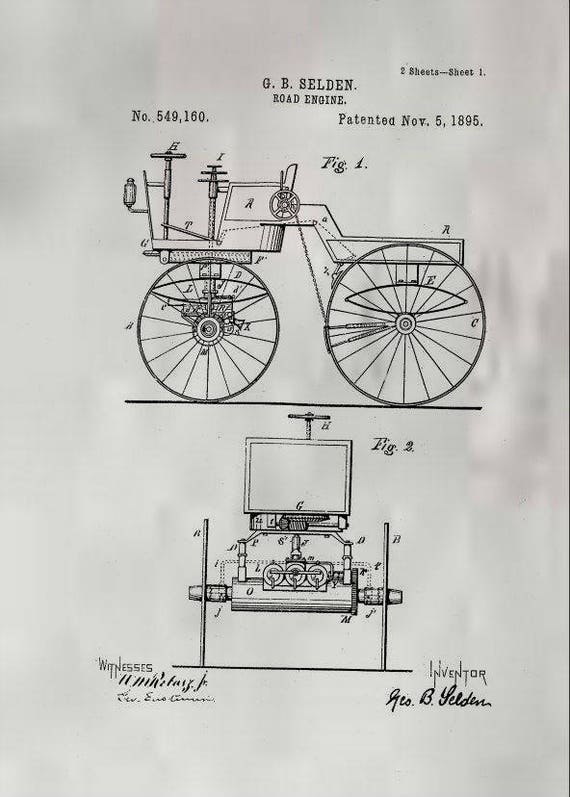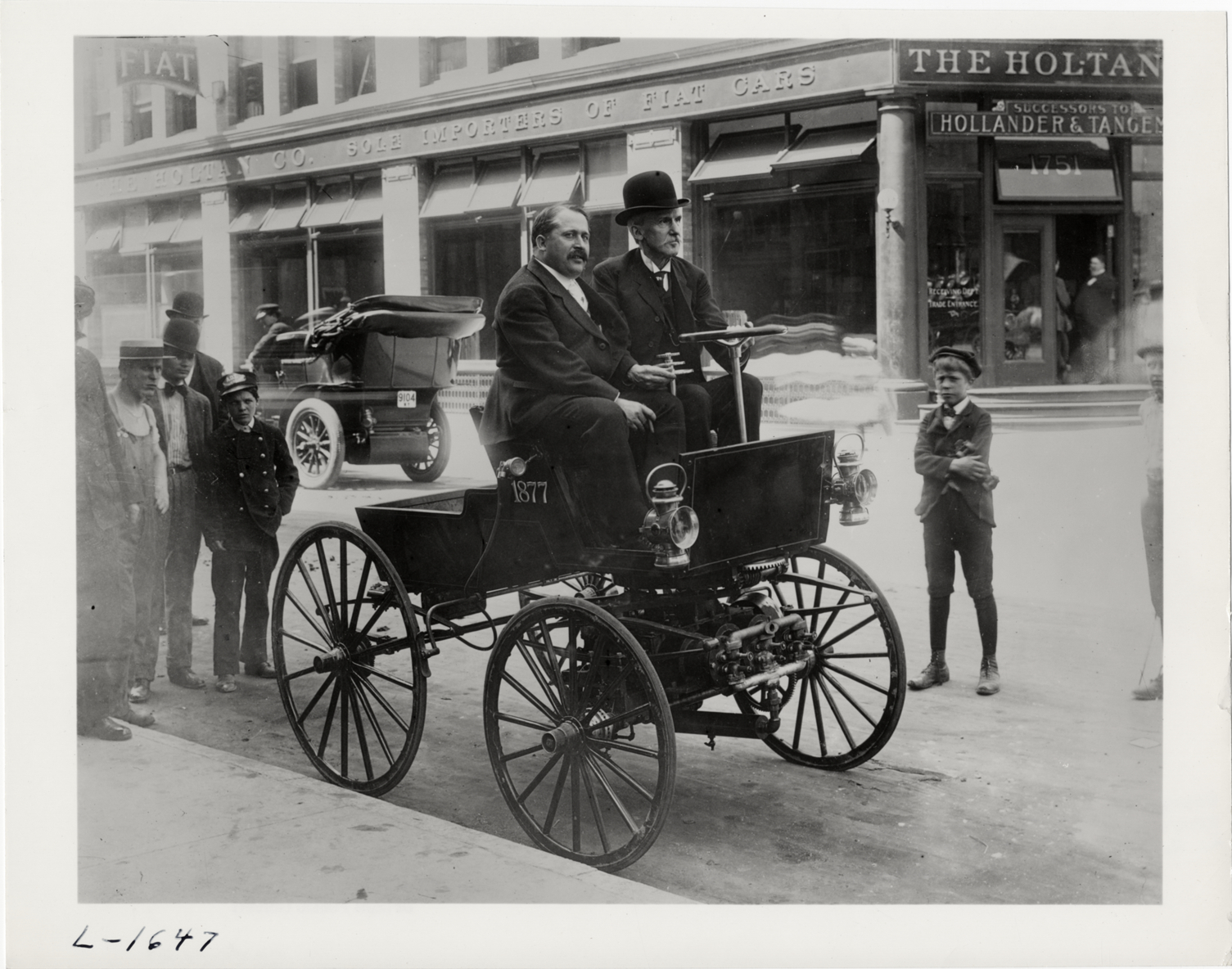No matter who you're going to vote for, even writing Rick Astley as a write-in candidate - Vote!
- Remember that voting is one of the only civic responsibilities you have as a citizen. (a brief aside - Apparently on Election Day in 1758, George Washington used his campaign budget (50 pounds) to purchase 160 gallons of liquor and served it to the 391 voters. They state, “The custom of buying votes with booze was one of the English traditions imported to the American colony.” Be thankful that you do not live in Ohio. There is a clause in Ohio that prohibits idiots from voting — no, really. It reads, “No idiot, or insane person, shall be entitled to the privileges of an elector.” )
November 5, 1932 -
Hollywood's love of Oriental Exoticism reached it full flower when MGM released the film The Mask Of Fu Manchu, starring Boris Karloff and Lewis Stone premiered on this date.
In his scenes with Myrna Loy, in which Charles Starrett was wearing only an abbreviated loincloth, retakes were frequently required because of Starrett's showing too much "enthusiasm".
November 5, 1938 -
A very funny (but very un PC) B and W Looney Tunes Cartoon, Porky in Egypt, premiered on this date.
The camel steals the cartoon. Unfortunately, the camel never followed up his star turn in this one.
November 5, 1943 -
Robert Siodmak first feature for Universal Studios, Son of Dracula, from a script by his brother Curt and starring Lon Chaney, Jr., premiered on this date.
While filming, Louise Allbritton and co-star Robert Paige were constantly playing jokes on their cast mates. One day, Pat Moriarity and Paige were filming a scene where they flip open her character's coffin. They were astonished upon opening the lid to find Allbritton inside, completely naked.
November 5, 1953 -
Jean Negulesco romantic comedy, How to Marry a Millionaire, starring Marilyn Monroe, Lauren Bacall, Betty Grable, William Powell, David Wayne, Rory Calhoun, and Cameron Mitchell premiered on this date. The film was 20th Century Fox's first film to be shot in the new CinemaScope wide-screen sound process, although it was the second CinemaScope film released by Fox after the biblical epic film The Robe.
How to Marry a Millionaire helped make an auspicious introduction for Fox's CinemaScope process to audiences and usher in a new era of widescreen entertainment. The film went on to become the fourth highest grossing Hollywood film of 1953.
November 5, 1956 -
The Nat King Cole Show debuted on NBC-TV on this date. The Cole program was the first of its kind hosted by an African-American.
In the 1956 season, the show had a 15-minute running time. It was expanded to a 30-minute segment in 1957. The show originally aired without a sponsor, but NBC agreed to pay for initial production costs; it was assumed that once the show actually aired and advertisers were able to see its sophistication, a national sponsor would emerge.Unfortunately, none did. Cole famously said of the doomed series, "Madison Avenue is afraid of the dark."
November 5, 1964 -
An unsung minor masterpiece, Seance on a Wet Afternoon, premiered in the US on this date.
In one of the scenes, Richard Attenborough passes a street ad promoting stage musical Oh, What a Lovely War!. Five years later, Attenborough directed a movie adaptation of the musical.
November 5, 1965 -
The classic French New Wave film Pierrot le Fou, directed by Jean-Luc Godard, starring Jean-Paul Belmondo and Anna Karina, premiered in France on this date.
Despite continual claims that Godard shot the majority of his films without scripts or preparation, actress Anna Karina has subsequently claimed that they were in fact very carefully planned out to the smallest of details, with an almost obsessive level of perfectionism.
November 5, 1966 -
The Monkees' Last Train To Clarksville topped the pop-singles charts on this date.
This was written by Tommy Boyce and Bobby Hart, a songwriting team who came up with many songs for the Monkees. They also wrote songs for Chubby Checker and Jay and the Americans. Boyce and Hart wrote this as a protest to the Vietnam War. They had to keep this quiet in order to get it recorded, but it is about a guy who gets drafted and goes to fight in the war. The train is taking him to an army base, and he knows he may die in Vietnam. At the end of the song he states, "I don't know if I'm ever coming home."
November 5, 1974 -
The Eagles hit, Best of My Love, was released on this date. It did not reach #1 spot until March 1, 1975.
This song is often played at weddings and anywhere else one wants to demonstrate affection, but it's really a breakup song: "You see it your way, and I see it mine, and we both see it slipping away." No happy ending here, just a guy who gave it his best, but things didn't work out.
November 5, 1988 –
The Beach Boys' (except for Brian, whose therapist Eugene Landy wouldn't let him participate, but that's another story,) single, Kokomo goes to No. #1 on the Billboard charts, on this date.
Music producer Terry Melcher, son of Doris Day and intended target of the Manson family murders, wrote this song with the help of John Phillips, who was a former member of The Mamas And The Papas, along with Beach Boy Mike Love, and Scott McKenzie, who had a hit in 1967 with San Francisco (Be Sure To Wear Flowers In Your Hair).
November 5, 1993 -
James Ivory's masterful adaptation of Kazuo Ishiguro's novel, Remains of the Day, starring Anthony Hopkins and Emma Thompson, premiered on this date.
None of the filmmakers had any experience with the way a great English country house is run, nor the minutiae of a butler's life. Kazuo Ishiguro was the first to admit this, and had to learn about it in the course of writing his novel. Anthony Hopkins was afraid of making all kinds of gaffes, and requested that an experienced butler be somehow attached to the unit. This was done, the advisor being Cyril Dickman, the retired Steward to Queen Elizabeth II, and he, in time, brought in others who were experienced in the exact way of doing things in a big house like Darlington Hall. There was an exact pecking order, with specific servants to handle specific assignments.
Today's moment of Zen
Today in History:
On November 5, 1492, Christopher Columbus wrote in his journal that, in the interior of Cuba, there was a great deal of land "sowed with a sort of beans and a sort of grain they call Mahiz, which was well tasted, baked, dried, and made into flour."
Given how things worked out for them, the Native people should have kept maize to themselves.
November 5, 1605 -
Remember, remember the 5th of November
The Gunpowder Plot of 1605, or the Powder Treason, as it was known at the time, was a failed attempt by Guy Fawkes and a group of provincial English Catholics to kill King James I of England, his family, and most of the Protestant aristocracy in a single attack by blowing up the Houses of Parliament during the State Opening on this date.
The conspirators had also planned to abduct the royal children, (who were surprisingly Protestant, as well) not present in Parliament, and incite a revolt in the Midlands. the conspirators were captured before the plot could take place. They were all drawn and quartered.
On November 5th each year, people in the United Kingdom and other Commonwealth countries and regions celebrate the failure of the plot on what is known as Guy Fawkes Night, Bonfire Night, Fireworks Night, Cracker Night or Plot Night by getting drunk and setting things on fire.
November 5, 1895 -
George B. Selden was a lawyer and inventor who was granted the first U.S. patent (Patent No. 549,160) for an automobile, which he invented in 1877.
The idea of a horseless carriage was in the air during George's youth, but its practicality was uncertain. In 1859, his father, Judge Henry R. Selden, a prominent Republican attorney, moved to Rochester, New York, where George briefly attended the University of Rochester before dropping out to enlist in the Sixth U.S. Cavalry, Union Army. This was not to the liking of his father who after pulling some strings and having some earnest discussions with his son managed to have him released from duty and enrolled in Yale. George did not do well at Yale in his law studies, preferring the technical studies offered by the Sheffield Scientific School, but did manage to finish his course of study and pass the New York bar in 1871 and joined his father's practice. He married shortly thereafter to Clara Drake Woodruff, with whom he had four children. He continued his hobby of inventing in a workshop in his father's basement, inventing a typewriter and a hoop making machine.
Selden's father, Henry Selden, was chosen by Abraham Lincoln to be Vice President, but he turned it down (and in light of Lincoln's assassination, Henry Selden would have otherwise been the next American President).
He defended Susan B. Anthony in her 1873 trial for unlawfully voting as a woman (had she only voted as a honey badger, there would have been no problem.)
Who knew?
November 5, 1895 -
On that same day, the Prince of Wales, shortly to become King Edward VII and master of almost one-fifth of the land area of the planet, was roused from a nap after a long afternoon of whore mongering and a heavy lunch, remarks in a speech, 'We are all socialists nowadays'.
As anticipated, his mother Queen Victoria was not amused.
November 5, 1911 -
Roy Rogers, singing cowboy (Happy Trails, Roy Rogers Show), was born on this date.
He was born as Leonard Franklin Slye in Cincinnati where his father worked in a shoe factory. He died in 1998 at age 86.
November 5, 1971 -
Elvis Presley kicked off a 15-date North American tour at the Metropolitan Sports Center in Bloomington, MN and not Minneapolis, as I was corrected last year. Announcer Al Dvorin uttered the well known phrase: "Elvis has left the building" at the end of the show.
He was asked to make the announcement in an effort to quiet the fans who continued to call for an encore.
So now you know
November 5, 2007 -
China's first lunar satellite, Chang'e 1, was launched on October 24, 2007, and successfully entered the Moon orbit on this date.
It orbited the Moon for more than one year as part of the first stage of the Chinese Lunar Exploration Program.
With 90 days between the equinox on September 22 and the solstice on December 21, we are halfway through the relevant seasons
(Autumn or Fall in the northern hemisphere; Spring in the southern hemisphere) on this day.
While you are considering that, keep this in mind:
Make your plans, as you see fit.
And so it goes






No comments:
Post a Comment